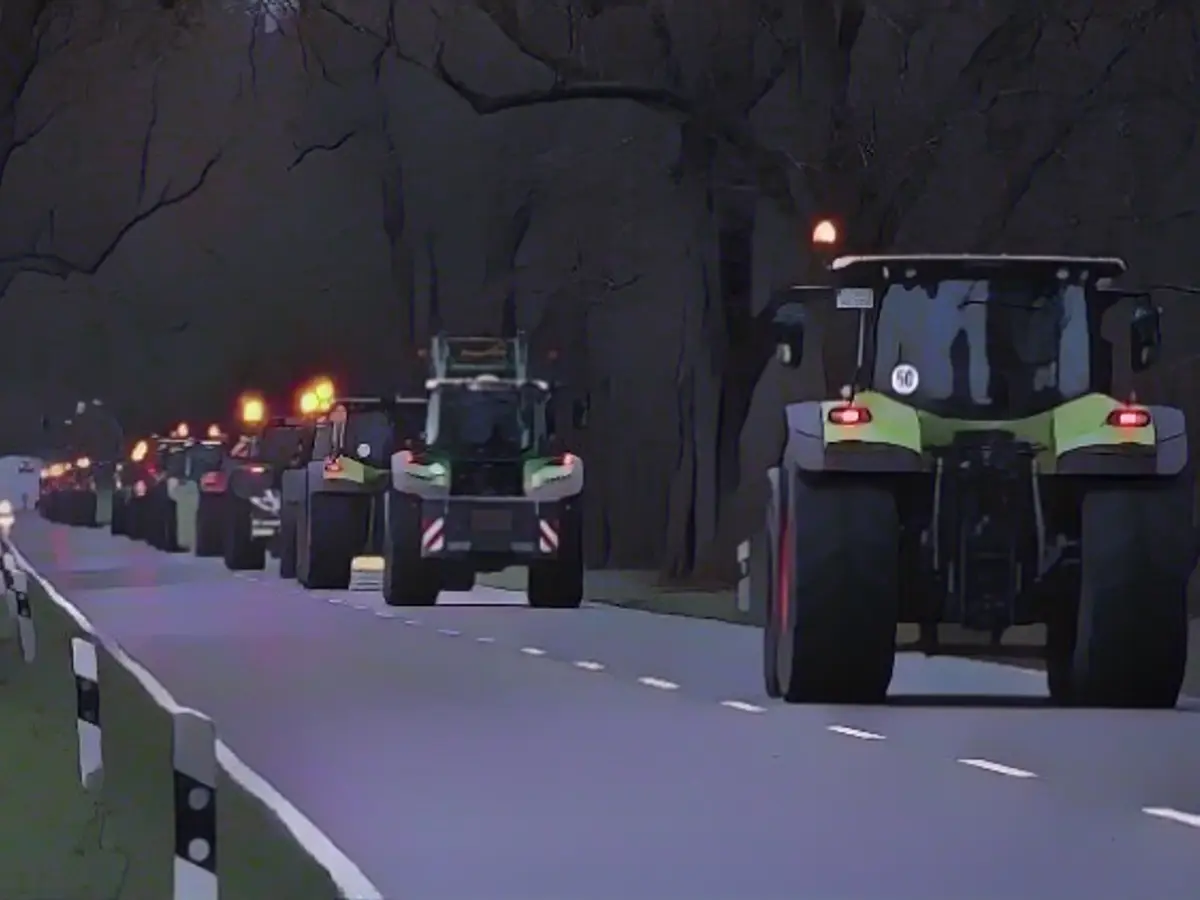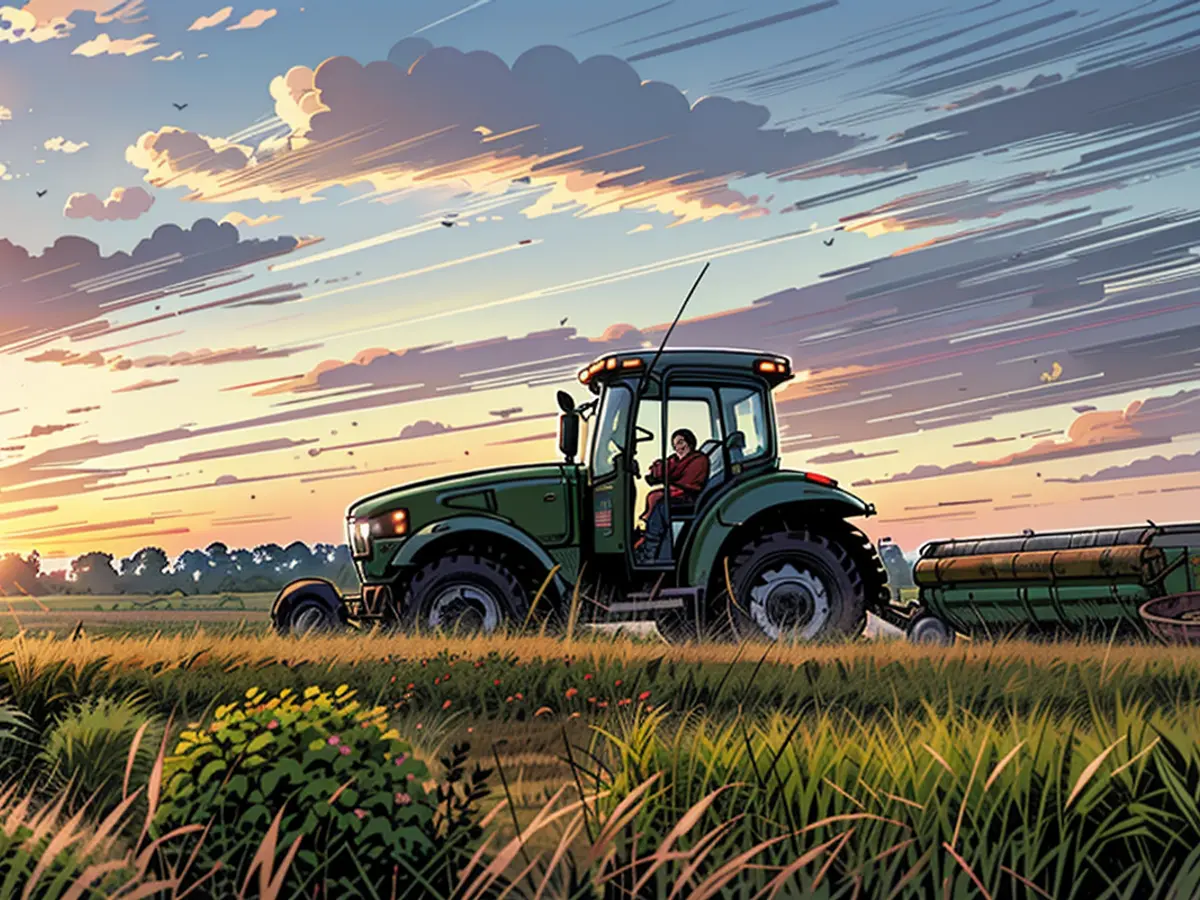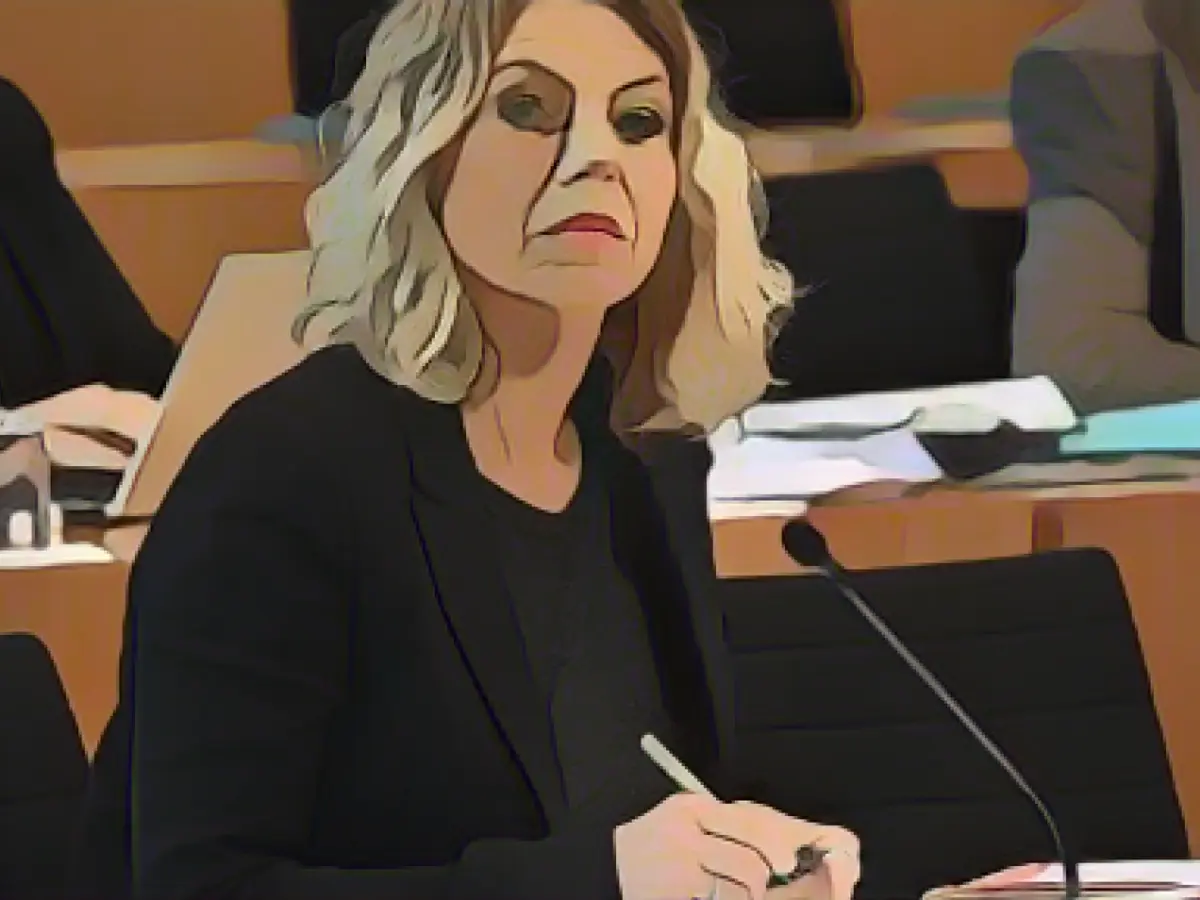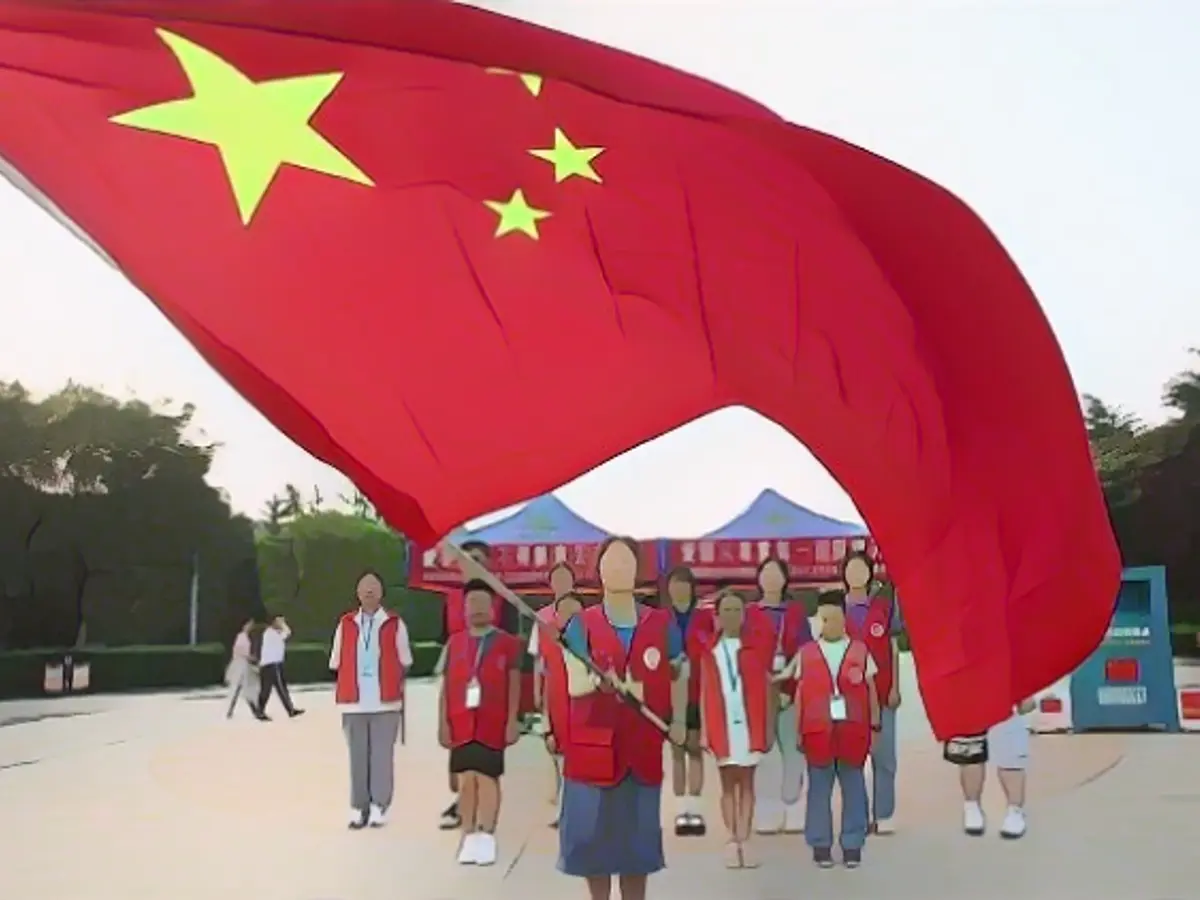FDP and Lindner Raise Objections to Farm Subsidy Cut
The fair play coalition of leaders decide to halt diesel subsidies for farmers to close the budget deficit. A few days later, Lindner and the FDP change their stance - all in the name of European competitiveness.
The FDP publicly disputes the proposed elimination of diesel subsidies for farmers in Germany. FDP parliamentary group leader Christian Dürr spoke out in Berlin, expressing concerns about the excessive burden on agricultural enterprises. Dürr argued, "The talk of supposedly damaging environmental subsidies often disregards the social and economic consequences of their removal."
Dürr emphasized the need for "fair competitive conditions" for German farmers in comparison to their European counterparts. If the plans were to be implemented, Dürr warned, "this fairness would be jeopardized." Lindner had previously pledged to propose alternatives to the government should the coalition partners agree.
Lindner discusses concerns with Özdemir
Lindner, Economic Minister Robert Habeck, and Federal Chancellor Olaf Scholz reached a consensus on Wednesday, following weeks of negotiations, on how to address the budget gap in light of the Federal Constitutional Court's ruling on the climate transformation fund. Diesel subsidies for farmers and a vehicle tax exemption were initially on the list of cuts.
The German Farmers' Association questioned the coalition's intentions, warning that without withdrawal of the plans, German agriculture faces an uncertain future. DBV President Joachim Rukwied voiced his concerns and called for a massive demonstration in Berlin. The farmers plan to gather at 11 a.m. on Monday at the Brandenburg Gate, where they will show their displeasure with tractors and potential street blockages. According to "Bild", Agriculture Minister Özdemir is planning to attend the large demonstration.
Additional Insights:
Despite opposition from the FDP and Finance Minister Christian Lindner, the fair play coalition persists in exploring alternative strategies to protect German agriculture's competitiveness in Europe. While under pressure from environmental groups, Lindner has faced criticism for his rhetoric, shifting frustration towards immigration and welfare policies. Many farmers feel that strict environmental regulations and increasing demands for sustainable practices are unrealistic. There is an ongoing need for dialogue and compromise between farmers, policymakers, and environmental groups to create a sustainable future for German agriculture.
Source:
Enrichment Data:
- The FDP, led by Christian Lindner, countered the decision to abolish diesel subsidies for farmers in their budget policy, expressing worries about their impact on European competitiveness. Although the traffic light coalition agreed on phasing out these subsidies to address the budget deficit, the FDP insisted on exploring alternative methods to safeguard German agriculture's fair competitiveness.
- Finance Minister Christian Lindner has drawn criticism for attempting to redirect anger towards environmental demands and right-wing rhetoric, offering no tangible solutions. The farming community and media have criticized his approach as divisive.
- Farmers struggle with strict environmental regulations, such as fertilizer distribution, which do not account for various environmental factors, making economic viability challenging.
- The need for ongoing dialogue and compromise between farmers, policymakers, and environmental groups is crucial to ensuring a sustainable future for German agriculture, as reflected in the farmers' protests and calls for governmental action.
In summary, the FDP led by Christian Lindner is advocating for alternative strategies to protect German agriculture from the effects of the traffic light coalition's decision to phase out diesel subsidies. However, their efforts have met criticism for not providing concrete solutions, shifting blame towards environmental demands, and for employing divisive rhetoric.







